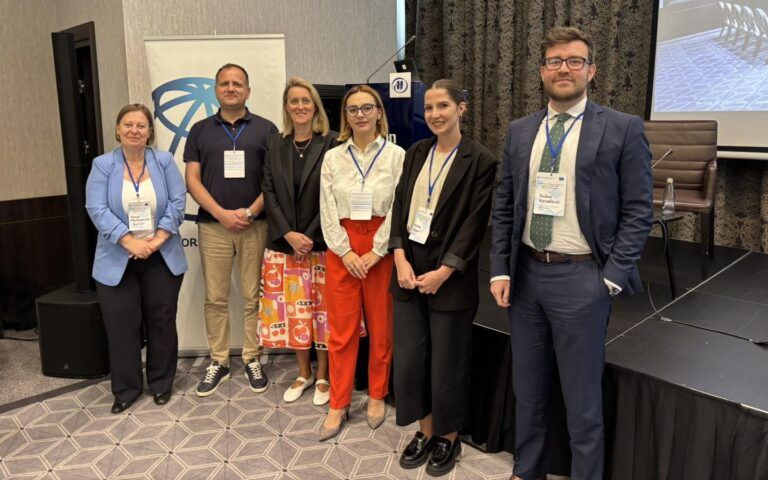Meeting of the WEBecon Network in Podgorica
Meeting of the WEBecon Network held within the World Bank’s Second Macro-Peer Learning Event On the margins of the event, the Network gathered to discuss ongoing activities, future directions, and opportunities to strengthen regional economic cooperation. WEBecon continues to build its role as a platform for research, analysis, and regional cooperation, with a shared vision […]
The post Meeting of the WEBecon Network in Podgorica first appeared on Finance Think.
The post Meeting of the WEBecon Network in Podgorica appeared first on Finance Think.



![[Aggregator] Downloaded image for imported item #43172](https://civicamobilitas.mk/wp-content/uploads/2025/11/0-02-05-6a49106fa1b0e26564e238f00517702071294e723f8493ed455f8dcb698d1f65_774730386973985d-1152x1536-1-768x1024-1.jpg)
![[Aggregator] Downloaded image for imported item #41124](https://civicamobilitas.mk/wp-content/uploads/2025/10/1659431718759-1-copy-scaled-1-768x432.png)
![[Aggregator] Downloaded image for imported item #41130](https://civicamobilitas.mk/wp-content/uploads/2025/10/dsc_1946-1024x812-1-768x609.jpg)
![[Aggregator] Downloaded image for imported item #43009](https://civicamobilitas.mk/wp-content/uploads/2025/10/500226227_721106633818838_4668096726803659479_n-1-1024x768-1-768x576.jpg)
![[aggregator] downloaded image for imported item #40975](https://civicamobilitas.mk/wp-content/uploads/2025/10/sharri-title-768x434-1.png)
![[aggregator] downloaded image for imported item #40977](https://civicamobilitas.mk/wp-content/uploads/2025/10/502561372_4620133861467942_3848912600497495887_n-2-1024x576-1-768x432.jpg)
